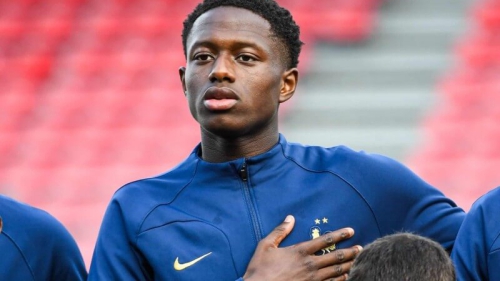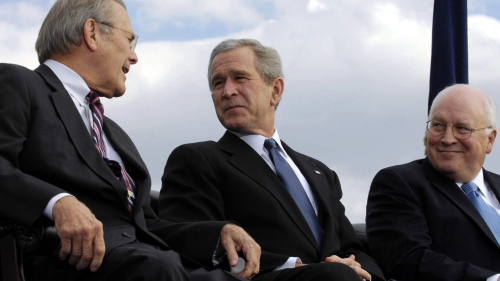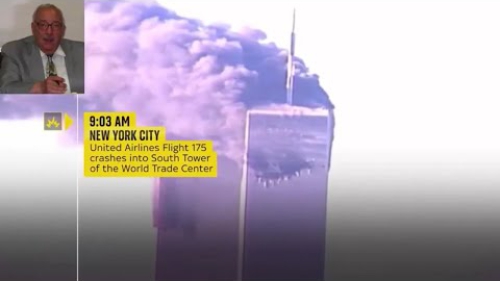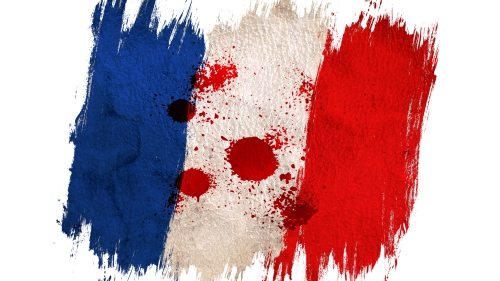Paris attacks leave France in trauma, fearing for the future
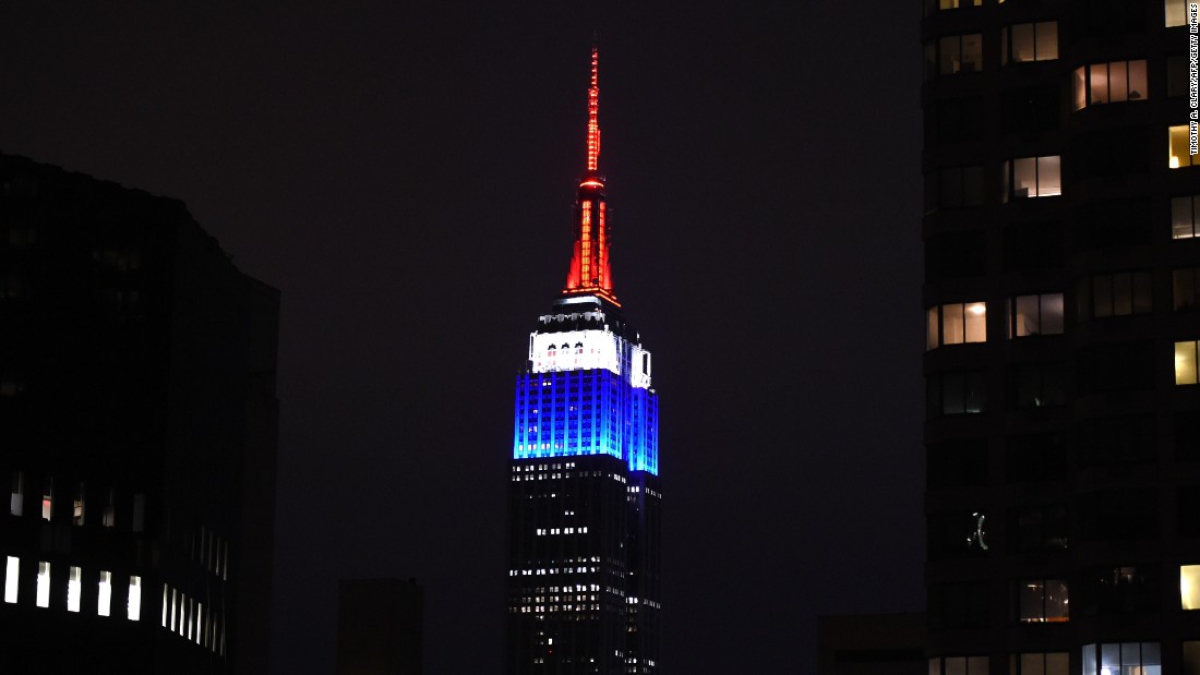
Again, horror in Paris. Bodies are counted, lying on streets. Friends and families make frantic calls, panic spreads. A nation is in trauma. A year that started with the Charlie Hebdo tragedy ends with a new, even more dramatic onslaught.
As events continued to unfold, with dozens dead in shootings and explosions, it was already obvious that the fallout from these attacks would be momentous for the French republic, for its political developments and its social cohesion.
President François Hollande announced a state of emergency; the last time that happened was during the 2005 Paris suburb riots, when violence broke out between young, mostly Muslim or second-generation immigrants and police forces. But the words “state of emergency” relate to, in French historical memory, the Algerian war of the 1960s and the military putsch that had then been attempted.
The scenes in Paris are ones of a warzone and will be remembered as such. The trauma will be deep and among the many questions that will arise (how could this happen? where were the security lapses?) there will be the expectation of political consequences: what gains will the far-right Front National make from this?
After Charlie Hebdo, the French prime minister Manuel Valls spoke in front of parliament of a country “at war”. He added that France was “not at war with Islam” and that was a signal to the Muslim population, Europe’s largest. But those words did not do much to quell the underlying tensions that arose among communities.
It is too early to say what happened exactly – one media report claimed an assailant shouted “this is for Syria” before he opened fire. Hollande spoke of “terrorists”, saying on national TV: “We know who these people are”. The attacks were certainly well prepared – all in one night and in different locations where many people were bound to have gathered.
The Bataclan is a popular concert hall, packed on a Friday evening. Another attack, near the Stade de France football stadium, where a match between France and Germany was taking place, with Hollande in attendance, is another strong symbol. Targets were clearly thought through. That kind of psychological impact, the fear that is being sown across the nation, on top of the human tragedy of the dead and wounded in Paris, will be long lasting.
Security experts kept warning after Charlie Hebdo that more threats would surface from violent jihadi groups connected to Islamic State or other entities. But nothing of this magnitude, in the heart of the capital, had ever been mentioned as a possibility.
France has been for years now a military power deeply involved in countering jihadi terrorism: mostly in the Sahel since January 2013, when it launched an operation in Mali which then encompassed neighbouring African states. Several thousand French troops continue operations there, with airstrikes that regularly kill. Since 2014, it has been part of the anti-Isis coalition in Iraq; this year, it widened that effort to strikes on Syrian territory (although in small numbers).
France is one of the European countries from which hundreds of Isis recruits, often French-born and educated and sometimes converts, have travelled to Syria. Online radicalisation has been growing – a phenomenon not unlike a sect. A lot of this plugs, of course, into a social and economic context of high youth unemployment, especially in suburbs, and racist discrimination against Arabs and Africans.
Muslims in France will now increasingly fear being associated with fanaticism and terror. Populist, far-right groups may well fuel more hatred. After Charlie Hebdo, thousands of French soldiers were dispatched across the country to secure key installations, schools, train stations, institutions.
In January, the terrorists who targeted Charlie Hebdo and then a kosher shop, killing journalists, policemen and Jews, led their attacks over a period of three days. A huge popular street demonstration, the largest since Paris was liberated in 1944, was organised the following Sunday, with “Je suis Charlie” slogans.
It will be key for French officials now to send the signals that might prevent the kind of social dislocation and national breakdown that those who orchestrated this latest onslaught are no doubt trying to provoke.
For the wider European scene and the west, what has happened in Paris can only be a watershed and many will see it as a crude, violent, traumatic reminder of the fact we all still live in the post-9/11 era.
Natalie Nougayrède is a columnist, leader writer and foreign affairs commentator for the Guardian. She was previously executive editor and managing editor of Le Monde.
Topics: France, Paris Terror Attacks, War On Terror
Views: 1704
Related Suggestions






